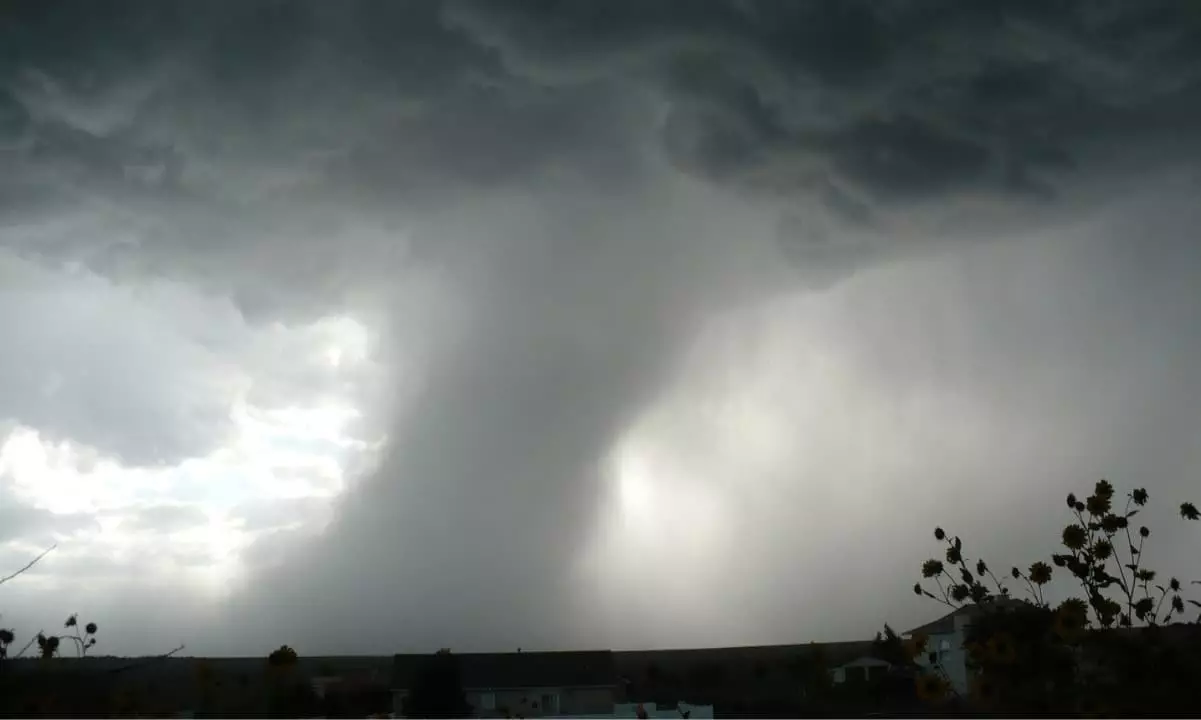In an era where financial innovations are often met with stringent regulations and legal scrutiny, cryptocurrency tokens have experienced both meteoric rises and devastating falls. A case in point is TORN, the native token of Tornado Cash, which has recently found itself at the center of a legal battle that highlights the complexities of regulating decentralized technologies. The recent legal overturn by a court regarding the sanctions imposed by the U.S. Treasury Department’s Office of Foreign Assets Control (OFAC) has ignited a brief surge in TORN’s value, underscoring the intertwined relationship between legal precedents and market dynamics in the crypto space.
The crux of TORN’s recent performance lies in the court’s reversal of OFAC sanctions, igniting excitement among traders and investors. On January 22, the token’s valuation floated around $9.50; however, optimism surrounding the court’s decision propelled it to an impressive $25, marking a staggering 140% increase within days. This fleeting revival, however, proved to be short-lived as the price retraced to approximately $17. Despite this correction, the TORN token still boasts remarkable gains, registering a 122% increase from the previous week and an 88% rise over the past month. These statistics demonstrate the volatility endemic to cryptocurrency markets, where emotions frequently dictate price movements.
The troubles for Tornado Cash began in August 2022 when OFAC designated it as a sanctioned entity. The decision stemmed from allegations that the Lazarus Group, a cybercrime organization linked to North Korea, reportedly laundered stolen cryptocurrencies exceeding $455 million via the platform. This designation not only stigmatized Tornado Cash but also led to severe repercussions for its key developers. Alex Pertsev, a prominent developer, faced arrest in the Netherlands on charges of money laundering, culminating in a five-year prison sentence. Meanwhile, Roman Storm, another co-founder, was apprehended in August 2023 and now faces charges centered on conspiracy to commit money laundering and operating without a proper license – a serious indictment that raises questions about the accountability of developers in the crypto space.
Adding to the legal potency of the situation, a group of six plaintiffs spearheaded by crypto advocate Joseph van Loon mounted a lawsuit against the U.S. Treasury, citing overreach in sanctioning Tornado Cash. Their argument hinged on the assertion that the platform, being a piece of software rather than a person or entity, should not face the legal repercussions associated with traditional businesses. This perspective gained traction when, in November 2024, an appellate court ruled favorably for the plaintiffs, establishing that Tornado Cash’s smart contracts, operating autonomously, could not be classified as “property” under the International Emergency Economic Powers Act (IEEPA). The decision not only vindicated Tornado Cash in a legal context but also reaffirmed the inherent challenges of regulating open-source technology.
The saga of Tornado Cash is emblematic of a larger struggle within the blockchain industry. It raises pivotal questions regarding how regulatory bodies can effectively navigate the complexities of blockchain technology while balancing innovation and accountability. Cryptocurrencies, particularly decentralized platforms like Tornado Cash, operate under a different framework than traditional financial entities. This distinction complicates punitive measures while simultaneously inviting calls for the reevaluation of regulations that may be ill-suited for decentralized technologies.
As the legal proceedings unfold, the implications extend beyond Tornado Cash and its token. The contrasting perceptions of cryptocurrencies as both financial instruments and technological innovations will likely shape regulations in the ensuing years. Furthermore, Tornado Cash’s case could serve as a litmus test for how courts engage with emerging technologies, potentially setting precedents that could either foster or stifle innovation in the realm of decentralized finance (DeFi).
In essence, the turbulence surrounding TORN and Tornado Cash underscores the volatile interplay between legal frameworks and cryptocurrency markets. While the recent court ruling may have temporarily revived TORN’s market value, the underlying legal challenges remain unresolved, particularly for the co-founders facing serious criminal charges. The future trajectory of TORN will depend not only on the ongoing legal battles but also on wider conversations surrounding the regulatory landscape for cryptocurrencies. As developers strive to innovate within an uncertain legal environment, the specter of regulation will likely loom large, leaving questions about the future of decentralized platforms like Tornado Cash open and unresolved.

